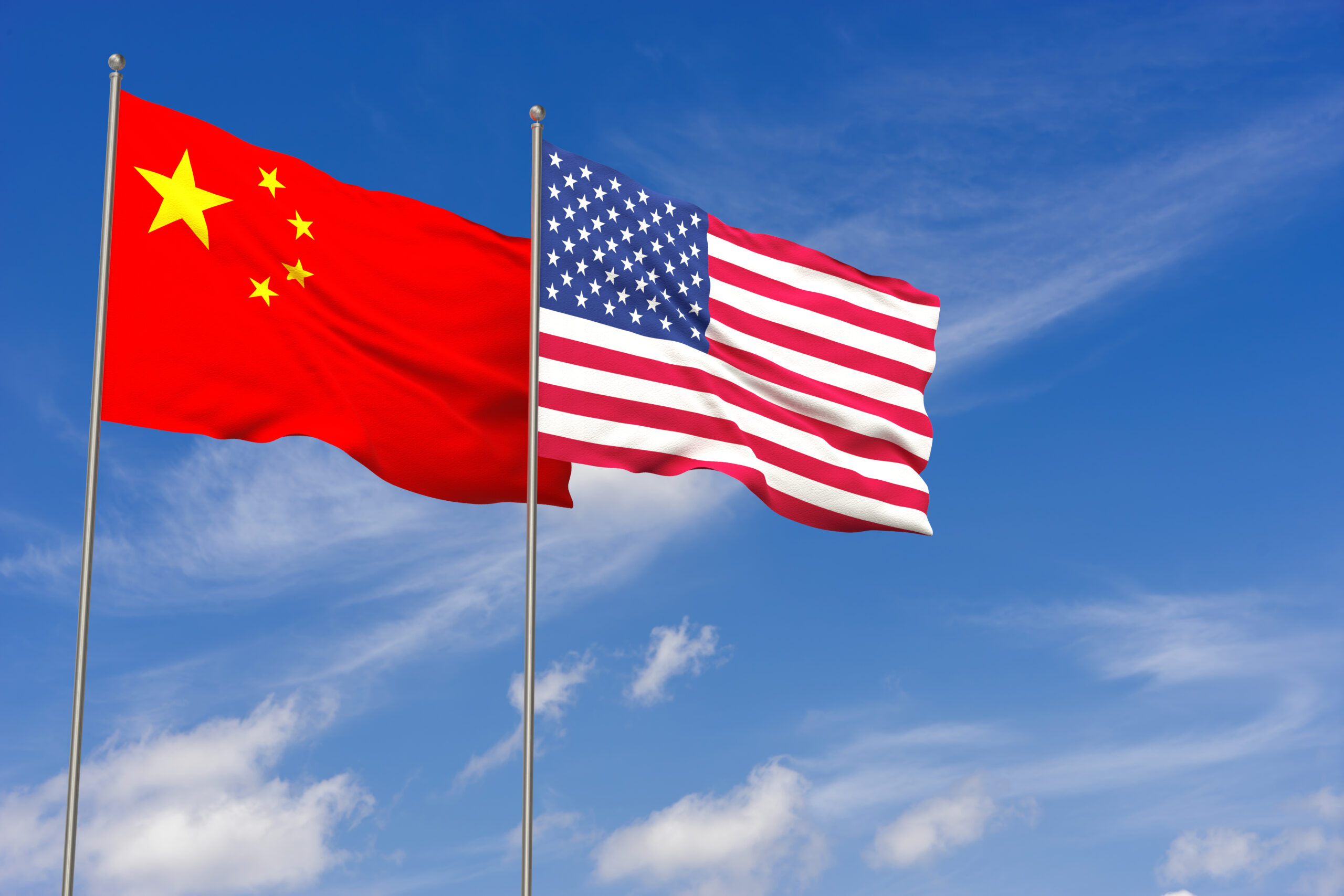The Biden administration announced that the Chinese Initiative, a federal campaign to prevent the Chinese government from illegally obtaining US research and technology, will undergo substantial adjustments.
In a talk at George Mason University, Assistant Attorney General Matthew Olsen said that the initiative would focus primarily on broad threats from hostile countries instead of individuals with Chinese heritage.
“Make no mistake – we will be relentless in defending our country from China. But our review convinced us that a new approach is needed to tackle the most severe threats,” he said in his speech.
The move has been praised by university scientists and civil rights groups, who criticized the campaign for unfairly targeting and prosecuting researchers of Chinese origin. But some voiced doubt that these changes are enough to reverse the damage to international academic collaboration.
“Dropping the name is good. But the real issue is how the new policy will be implemented,” said Steven Pei, a University of Houston electrical engineer who had advocated for the program’s reform.
Changing for the Better
Science.org reported that the Chinese Initiative had pressed charges against dozens of Chinese-born scientists in the US since 2018. Many of these charges stem from their failure to disclose financial ties with Chinese institutions to US funding agencies.
Some of those charged have been sentenced to prison, while others have had their charges dropped. However, a broader effect is that the initiative has made it more difficult for US researchers to collaborate with foreign partners because of stricter disclosure policies.
These effects, along with severe backlash, prompted Biden’s Department of Justice to conduct a review beginning in November 2021.
Olsen found that the label “fueled a narrative of intolerance and bias,” renaming it “a strategy for countering nation-state threats.” He explained that the most significant danger to national security is from foreign governments, not individuals or racial groups.
Irreversible Damage?
Despite the motion to move forward with a better, more tolerant objective, Olsen did not discuss controversial practices such as imprisoning researchers because of disclosure violations.
“If you don’t admit that you’ve done something wrong, then how can you prevent it from happening again?” asked Pei.
Michael German, a former FBI special agent who currently works at New York University, believed that the initiative put targets on the backs of people with ties to China, circumventing traditional legal processes of gathering evidence before calling for an investigation.
“If your boss calls it the China Initiative, then you focus on anyone with connections to China,” German concluded.



